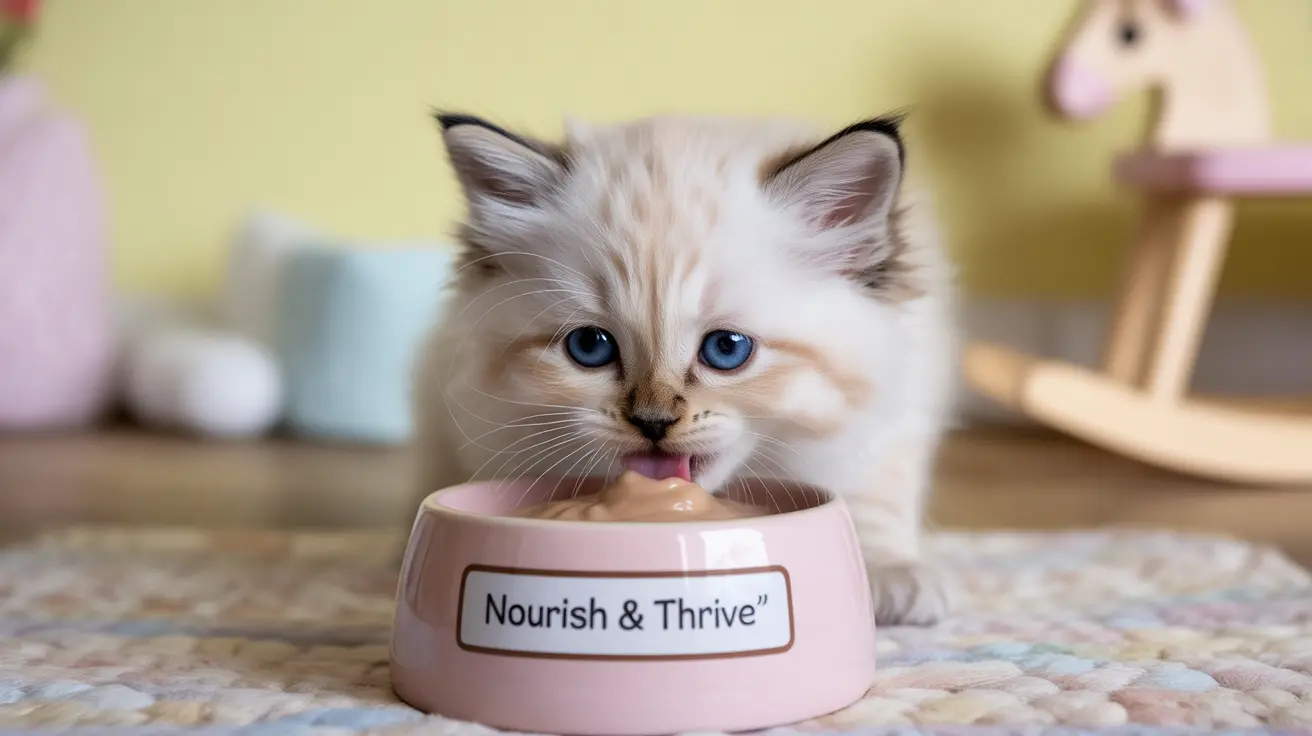When it comes to kittens, understanding their feeding needs is crucial for their survival. Kittens have delicate metabolisms and limited energy reserves, making them particularly vulnerable to even short periods without food. This comprehensive guide will help you understand the critical timeframes and warning signs to watch for when a kitten hasn't eaten.
Whether you're caring for an orphaned kitten or worried about your pet's decreased appetite, knowing how long a kitten can safely go without eating could mean the difference between life and death. Let's explore the essential facts about kitten feeding schedules and survival timeframes.
Critical Timeframes for Kittens Without Food
The survival window for kittens without food varies dramatically based on their age and overall health. Newborn kittens (0-1 week) face the highest risk and can only survive 6-10 hours maximum without feeding. Their tiny bodies lack the fat reserves and glucose regulation capabilities of older cats, making them extremely susceptible to hypoglycemia.
Young kittens under eight weeks old shouldn't go more than 12 hours without eating. Even this short period can be dangerous, potentially leading to severe health complications or death if not addressed promptly.
Age-Specific Feeding Requirements
Newborn Kittens (0-1 week)
Newborns require feeding every 2-3 hours, day and night. Missing even one feeding session can be dangerous at this fragile age. Their bodies are designed for frequent, small meals of mother's milk or kitten formula.
Kittens 1-4 Weeks
At this stage, kittens can usually go 3-4 hours between feedings. However, they still need regular nutrition around the clock to support their rapid growth and development.
Kittens 4-8 Weeks
As kittens begin weaning, they can typically handle 4-6 hours between meals. However, they should still be eating multiple times throughout the day to maintain healthy development.
Warning Signs of Insufficient Feeding
Being able to recognize the signs of a hungry or undernourished kitten is crucial. Watch for these warning signals:
- Lethargy or weakness
- Crying more than usual
- Cool body temperature
- Decreased urination
- Dry or sticky gums
- Inability to stand or walk properly
Emergency Intervention Guidelines
If your kitten hasn't eaten for more than 12 hours, immediate action is required. Start with these steps:
- Check body temperature - ensure the kitten is warm before attempting to feed
- Offer warmed formula or wet food
- Stimulate appetite by gently rubbing their gums
- If these steps fail, seek emergency veterinary care
Prevention and Best Practices
To avoid dangerous gaps in feeding, implement these preventive measures:
- Keep a strict feeding schedule
- Monitor weight daily
- Have emergency supplies (formula, feeding syringes) on hand
- Know your local emergency vet locations
- Track eating patterns and amounts
Frequently Asked Questions
How long can a kitten safely go without eating before it becomes a health emergency?
Kittens under 8 weeks should not go more than 12 hours without food. For newborns, even 6-8 hours can be dangerous. Any kitten showing signs of lethargy or weakness after missing a meal requires immediate attention.
What signs indicate that a kitten has not eaten enough and needs immediate veterinary care?
Watch for lethargy, weakness, crying, cool body temperature, dry gums, and inability to stand. If these symptoms appear alongside missed meals, seek immediate veterinary care.
How often should newborn and young kittens be fed to prevent hypoglycemia and dehydration?
Newborn kittens need feeding every 2-3 hours, including overnight. As they age, the intervals can gradually increase, but kittens under 8 weeks should still eat at least every 4-6 hours.
What are the risks of skipping meals for kittens compared to adult cats?
Kittens face much higher risks from missed meals than adult cats, including rapid onset of hypoglycemia, dehydration, and potential organ failure. While adult cats can survive longer without food, kittens have minimal reserves and can decline quickly.
What should I do if my kitten refuses to eat for more than 12 hours?
First, ensure the kitten is warm and try stimulating their appetite with warmed food or formula. If they still refuse to eat after trying these methods, seek immediate veterinary care as this could indicate a serious health issue.






